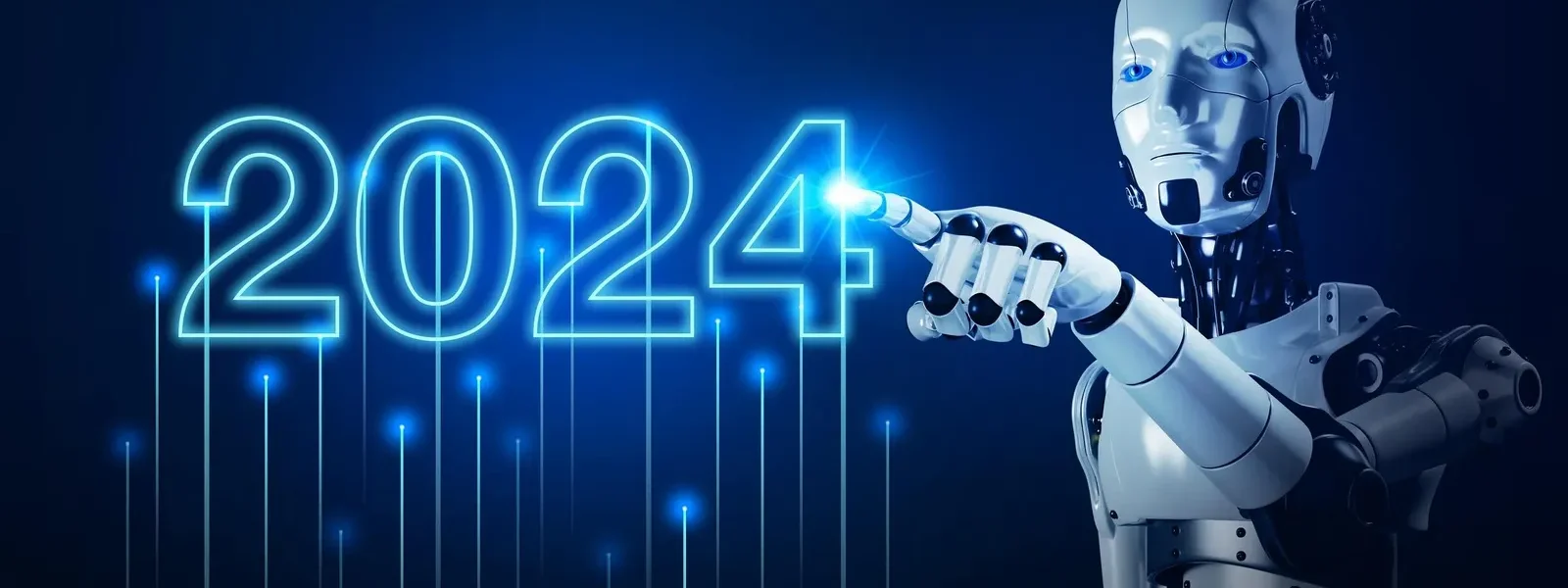Every year, India produces 1.5 million engineering graduates, but only a fraction—around 2,000—are capable of building core artificial intelligence (AI) products. This stark contrast underscores a significant gap in AI talent, despite the growing demand for expertise in this field. According to the International Monetary Fund (IMF), AI is set to affect 40% of jobs globally, creating a ripple of concern across industries, including engineering. In India, a substantial number of engineers are concerned about their future in the workforce.
AI’s Impact on Jobs Globally
The rapid advancement of AI technology is reshaping job markets. The IMF predicts that AI could impact 300 million jobs worldwide, or approximately 9.1% of all jobs, by 2025. In Europe alone, 68% of workers fear that AI will displace them. These figures reflect a broader concern about AI’s ability to replace tasks traditionally performed by humans. While AI jobs are in high demand, many other occupations are under threat.
India’s Engineers: Concern and Upskilling
In India, 67% of engineers fear that AI could negatively affect their careers. This concern is not unfounded—estimates suggest that up to 40% of engineering jobs could be automated within the next decade. According to the 2023 India Skills Report, only 60% of India’s engineering graduates are employable, and just 45% meet industry standards. This skills gap, combined with a surplus of graduates, creates a precarious situation for India’s engineering workforce.
The core issue is a lack of practical, application-based education. While many graduates possess theoretical knowledge, they often struggle with real-world problem-solving and the practical application of their skills. Standard engineering curricula frequently fail to prepare students for the evolving demands of the workplace, particularly in fields like AI.
Upskilling: The Key to Future-Proofing Careers
Despite the challenges, India’s engineers recognize the need for change. An overwhelming 87.5% of them believe that upskilling can safeguard their careers in an AI-driven future. Among them, 89% aim to acquire hard skills, and 86% are keen to learn more about generative AI. These engineers are focusing on high-level problem-solving skills that complement AI technologies, preparing themselves for a future where human expertise works alongside AI, rather than being replaced by it.
Other Jobs at Risk from AI
Engineering is not the only profession at risk of being transformed by AI. Several other jobs, including technical writing, legal assistance, market research, travel agencies, translators, and customer service roles, could face similar threats. A think tank report suggests that women, younger workers, and lower-paid employees may be most affected by automation.
Even the Indian government has acknowledged the potential for routine jobs to be automated. As AI continues to evolve, many traditional roles could become redundant. However, this shift also presents new opportunities for growth in emerging fields, such as AI development, data science, and other tech-driven roles.
What’s the Future of Employment?
AI is poised to reshape the global job market, much like previous technological revolutions have done. While certain jobs may disappear, new opportunities will emerge. The IMF suggests that while we can’t yet predict exactly what the future job landscape will look like, AI will undoubtedly create new roles and industries.
The key takeaway for India’s engineers—and workers around the world—is the importance of staying adaptable. Upskilling, continuous learning, and focusing on skills that complement AI will be essential in navigating the evolving job market. AI may change the way we work, but with the right preparation, it can also open doors to new and exciting career opportunities.






